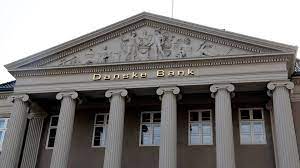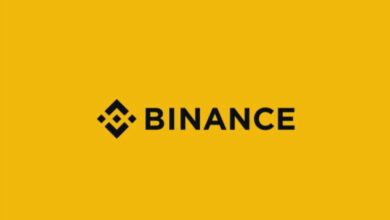Crypto ExchangesFeaturedPlatform newsPolicies & Regulations
Danish Danske Bank will allow crypto trading through its credit cards

Danske Bank will not block credit cards used in crypto trading, according to its new position on cryptocurrencies. The Danish bank would also accept deposits related to crypto investments, although it follows a cautious approach towards decentralized digital assets. Responding to mounting inquiries from customers and other stakeholders, Danske Bank has released an official position on crypto assets. “In recent years, cryptocurrencies such as bitcoin and ethereum have received significant attention from investors and media,” the bank noted, outlining its current stance on crypto trading and investing.
Denmark’s largest banking institution recognizes that “cryptocurrencies represent a significant digital innovation in financial services” and praises the “great potentials in the blockchain technology.” At the same time, it continues to maintain “a very cautious approach towards cryptocurrencies.” The bank listed several reasons for that.
In the first place, Danske finds it hard to meet its obligations to fight financial crime and money laundering as crypto trade is “not always sufficiently transparent.” Pricing is opaque and fluctuating, the bank added, leaving investors with limited market insight.
Furthermore, as crypto trading is only partially regulated, clients do not get the same level of consumer protection that comes with other financial products, Danske insisted. The bank also feels that the “extremely energy intensive” processing of cryptocurrency transactions clashes with its own ambition to promote sustainable development.
Citing these concerns, Danske Bank reminded customers that its platforms do not currently support the trading of cryptocurrencies and crypto-based financial instruments. The financial institution also advised against investing in digital assets or related products in general. However, the Danish banking group pledged its support for the development of crypto regulations under the new EU legislation called Regulation of Markets in Crypto Assets (MiCA) while emphasizing, “We continuously monitor developments in the area of cryptocurrencies, and as the cryptocurrency market matures and is further regulated, we will review our position.”





